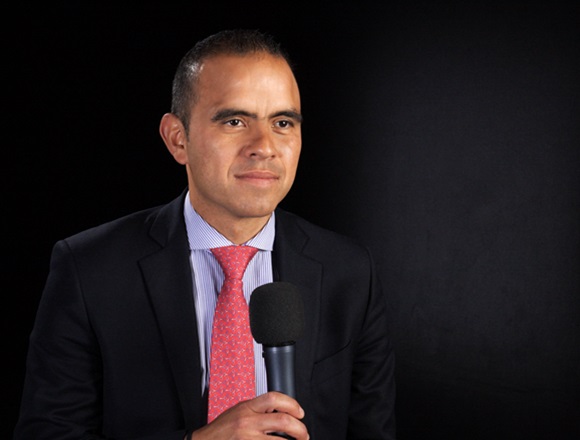Sharon Kolasinski, MD, is a professor of clinical medicine in the Division of Rheumatology at the University of Pennsylvania, USA. As Chief of the Division of Rheumatology at Penn Presbyterian Medical Center and Director for Rheumatology at the Penn Musculoskeletal Center, she is responsible for coordination of inpatient and outpatient rheumatology services.
What are the most important aspects of the treatment and prevention of degenerative disease?
Sharon Kolasinski, MD: To start with, prevention of osteoarthritis is in its infancy. First, we appreciate that there are genetic predispositions to osteoarthritis. Those we can’t change. But we also know that there are events over life that increase the risk of osteoarthritis, and of course joint-specific injury is an important one. One of the classes of individuals who are at most risk is those who have sports injuries that lead to an anterior cruciate ligament (ACL) tear or rupture. These individuals are much more likely to go on to develop osteoarthritis relatively early in life. Ten to 15 years after such an injury, we can often see radiographic evidence of osteoarthritis in these pretty young individuals. This is a common, for instance, soccer injury in the knee. So, ensuring that young athletes have good training programs and good preparation for participation in sport is important. Of course, all sports-related injuries, the more we can prevent, the better. Similarly, with occupational injuries, we know that posttraumatic osteoarthritis is important in the workplace setting as well. So, participating in workplace safety is important.
When it comes to other measures over the span of life, we know that inactivity is a contributor to osteoarthritis, so we want to encourage physical activity, we want to encourage exercise throughout the lifespan to help reduce the risk of osteoarthritis. We know that the joints are meant to move, so enhancing joint health—movement does that. We know that using the joints helps maintain them in the best possible way, so we encourage people to participate in regular physical activity throughout life. And of course, keeping weight in a normal range is important. Certainly not all osteoarthritis is related to obesity, but lower extremity osteoarthritis can be accelerated by obesity and made more symptomatic by obesity. And of course, worldwide we’re seeing a lot of increase in weight as people have access to both better food and worse food, processed food, high-calorie food that is contributing to obesity. So, maintaining a normal body weight is important, but even after the diagnosis of osteoarthritis, trying to move towards a normal body weight significantly improves symptoms as well as functioning.
Those are the things that I would highlight in terms of prevention. Of course, adequate nutrition is important as well, but we really don’t know individual nutrient factors that we should be targeting during young life. Adequate calcium intake in youth, no doubt helpful. Adequate vitamin D intake throughout life, no doubt helpful. But really, we don’t have specific recommendations for supplements or drugs that should be taken as preventives for osteoarthritis.
In terms of the most important principles of management of osteoarthritis, again, we’re going to come back to exercise because there is a tremendous amount of data showing the benefits of exercise in terms of pain management, functional improvement, and even hints that we can reduce the progression of osteoarthritis with weight loss and exercise, also that we maybe can even slow the need for joint replacement with weight loss and exercise. That’s pretty exciting if we can help people avoid surgery, although difficult to do and sometimes difficult to implement in our practices and to get patients on board with. I think one of the things that we need to do is to talk to our patients about exercise, and I ask my patients every visit, every time, what exercise they are doing. Many of them know that they’re going to answer that they’re not exercising, but they know the question’s coming and they think about it, and maybe several years down the line they get convinced and they actually begin to participate in exercise. I think the most important principles are to think about how we can get our patients healthier generally, and that includes maintaining a normal body weight and exercising regularly.
 English
English
 Español
Español
 українська
українська









